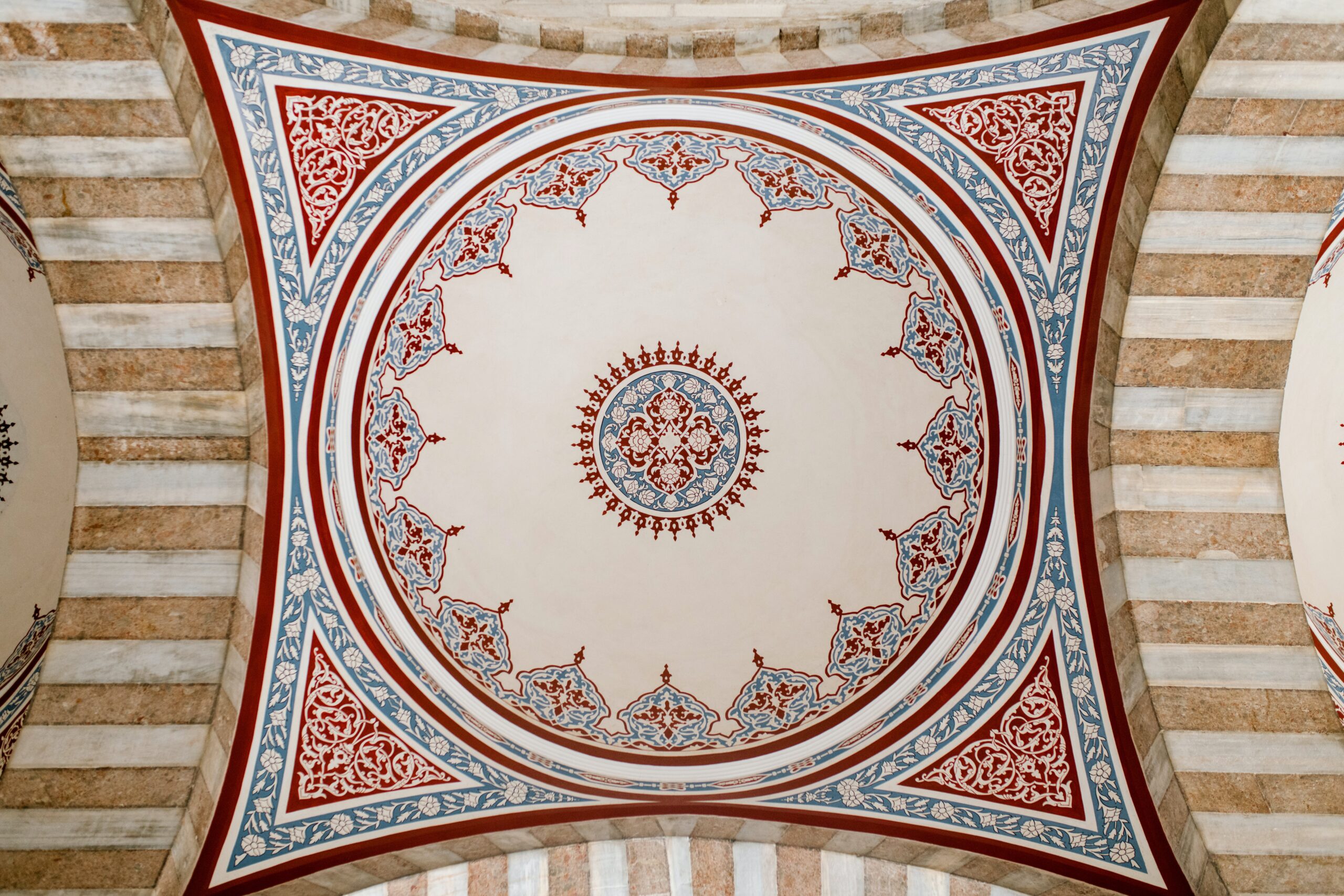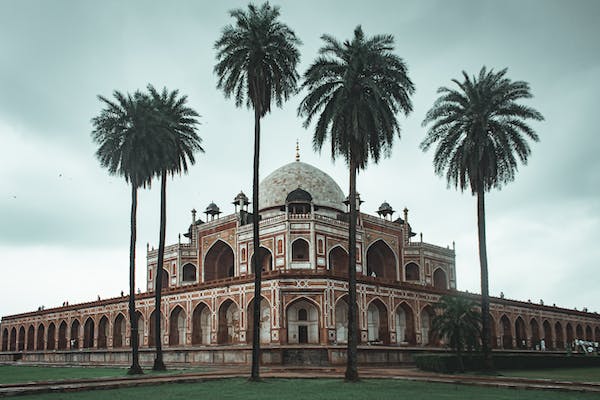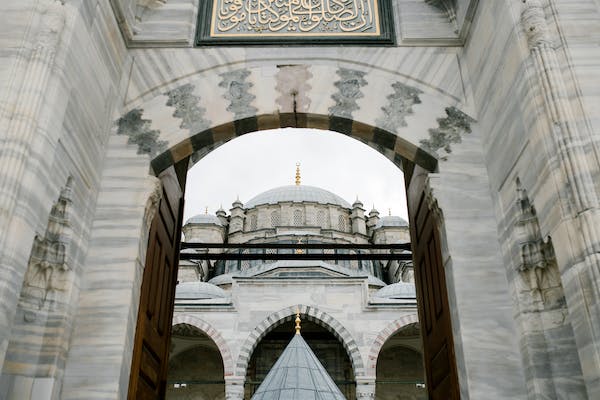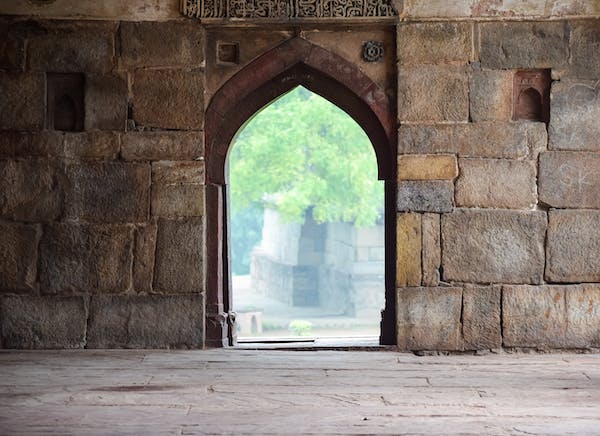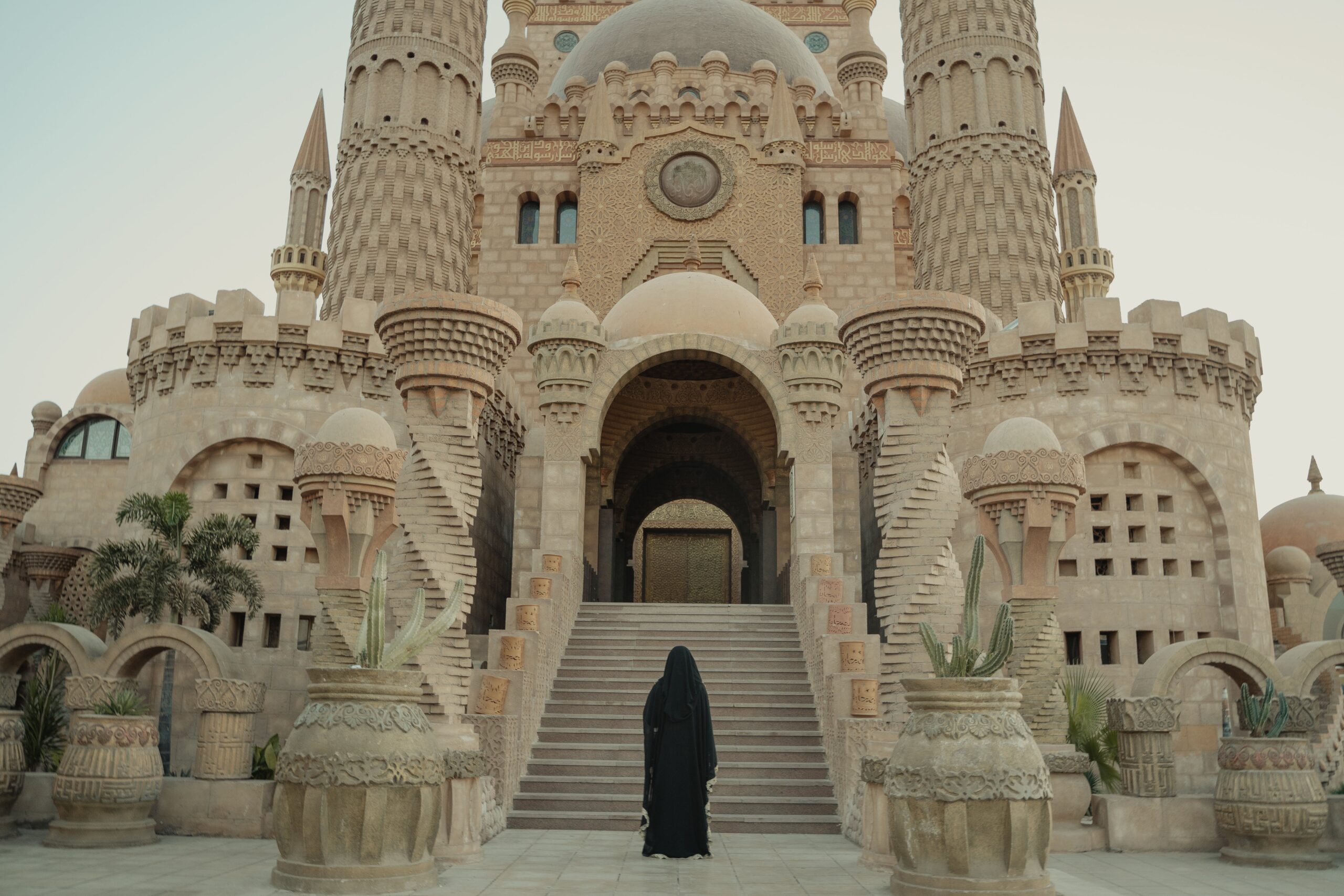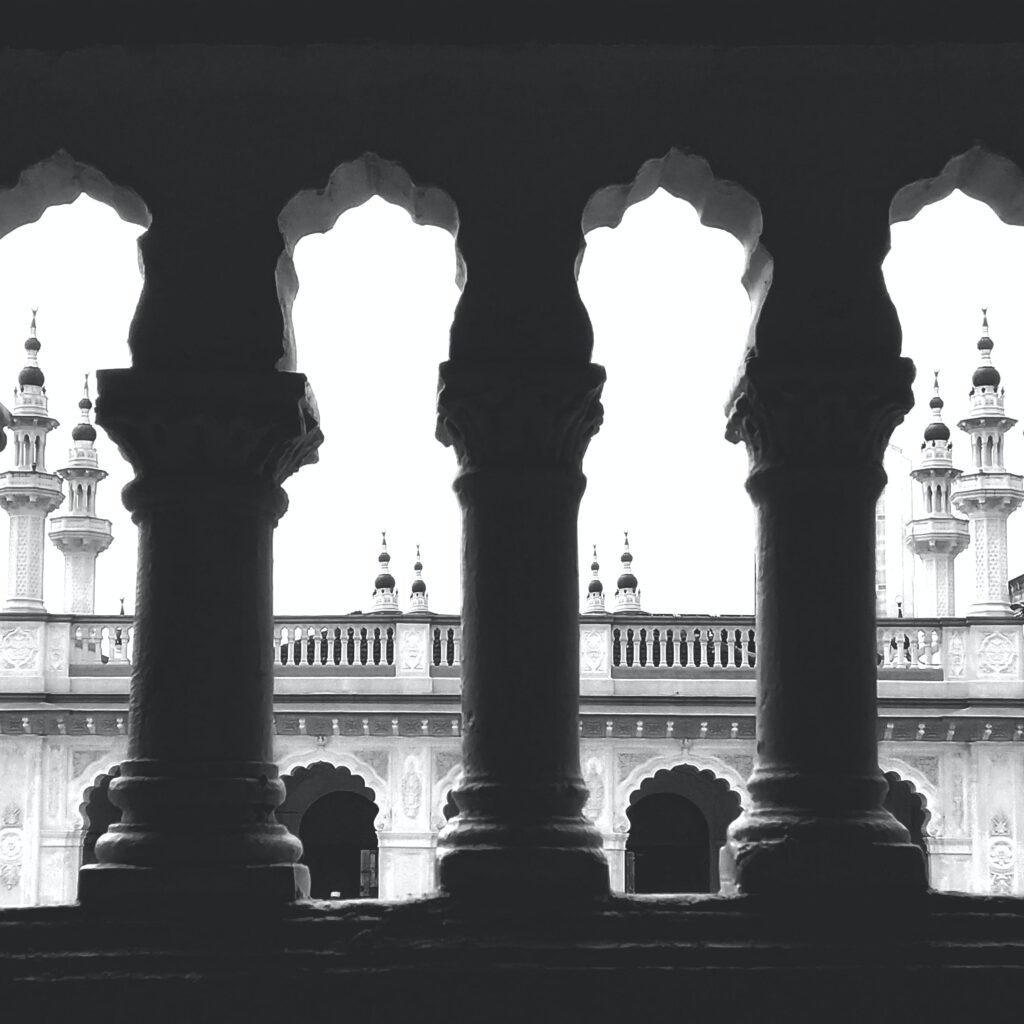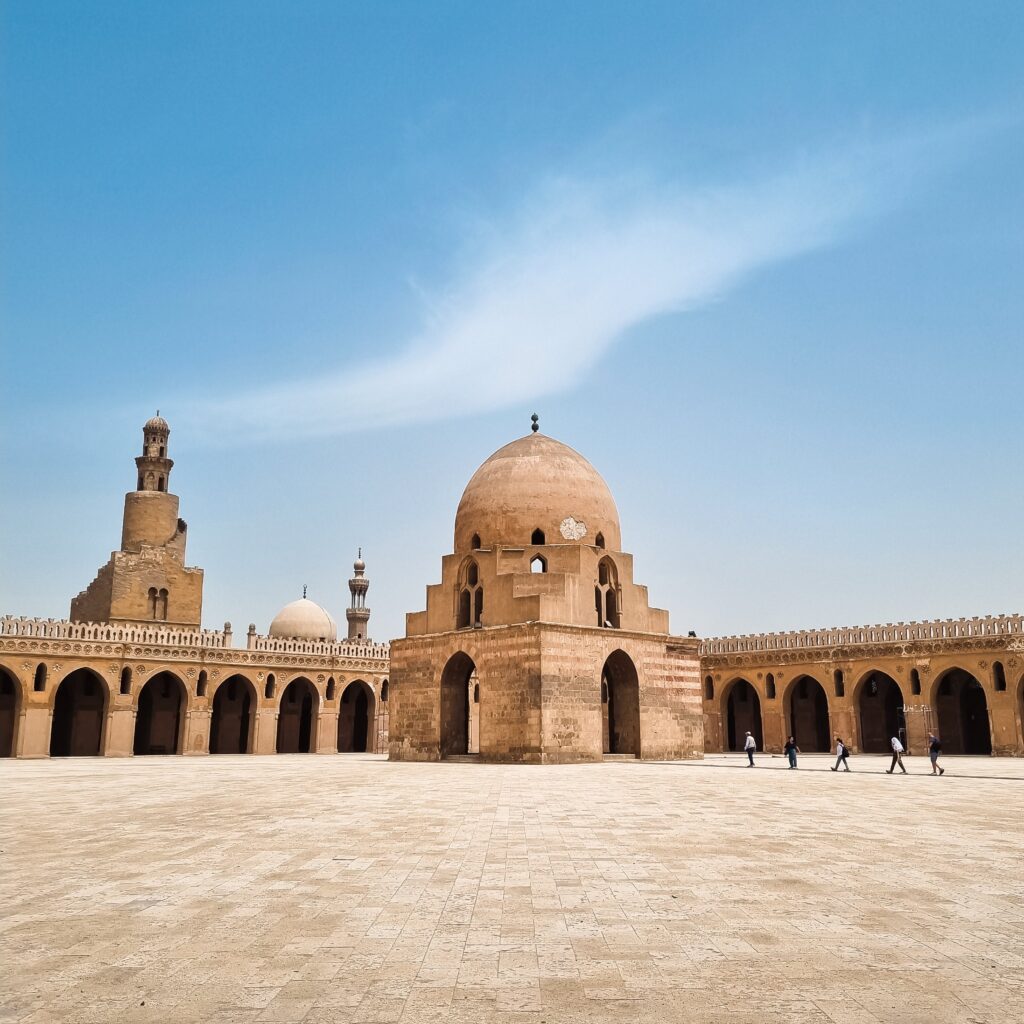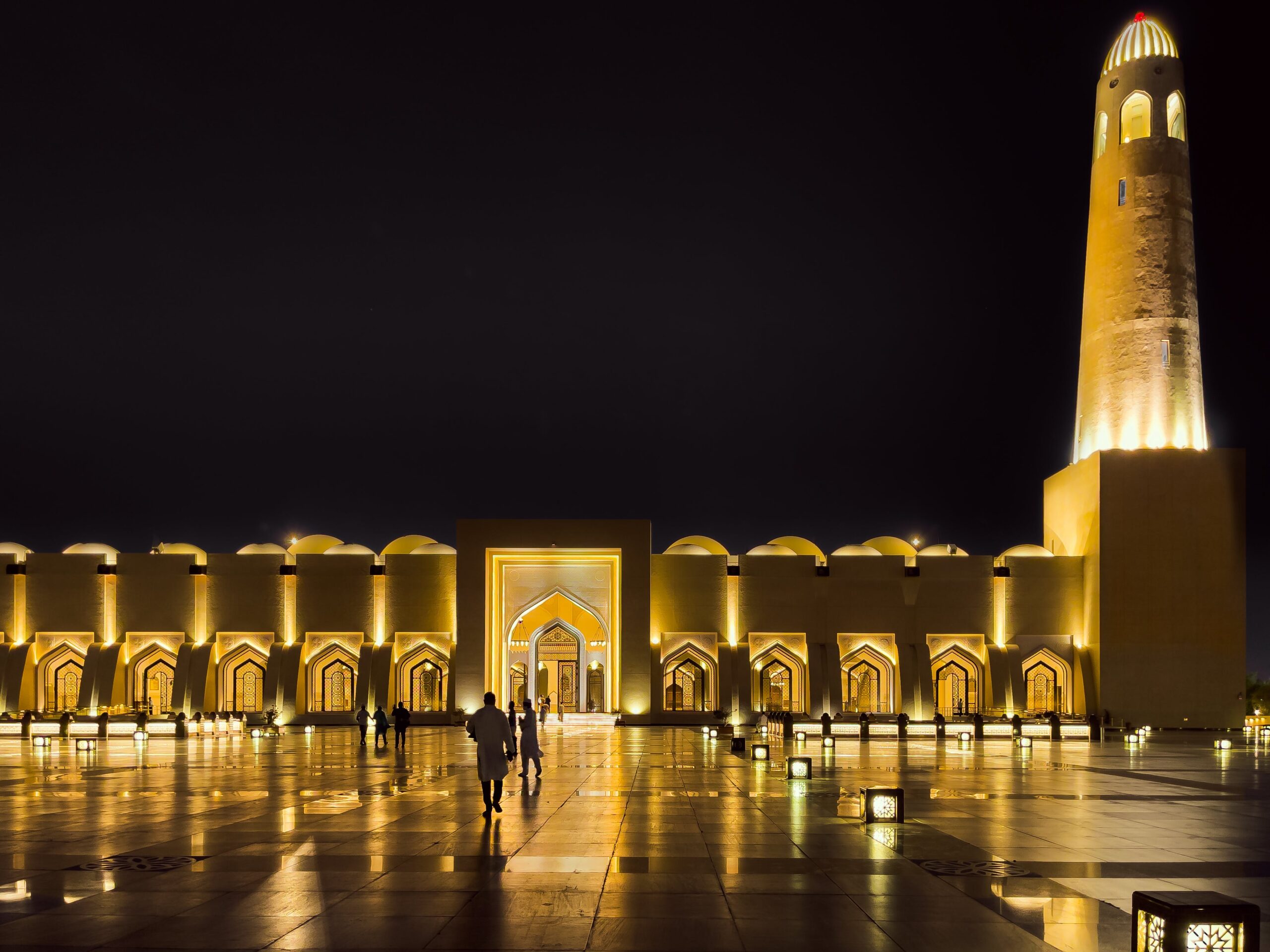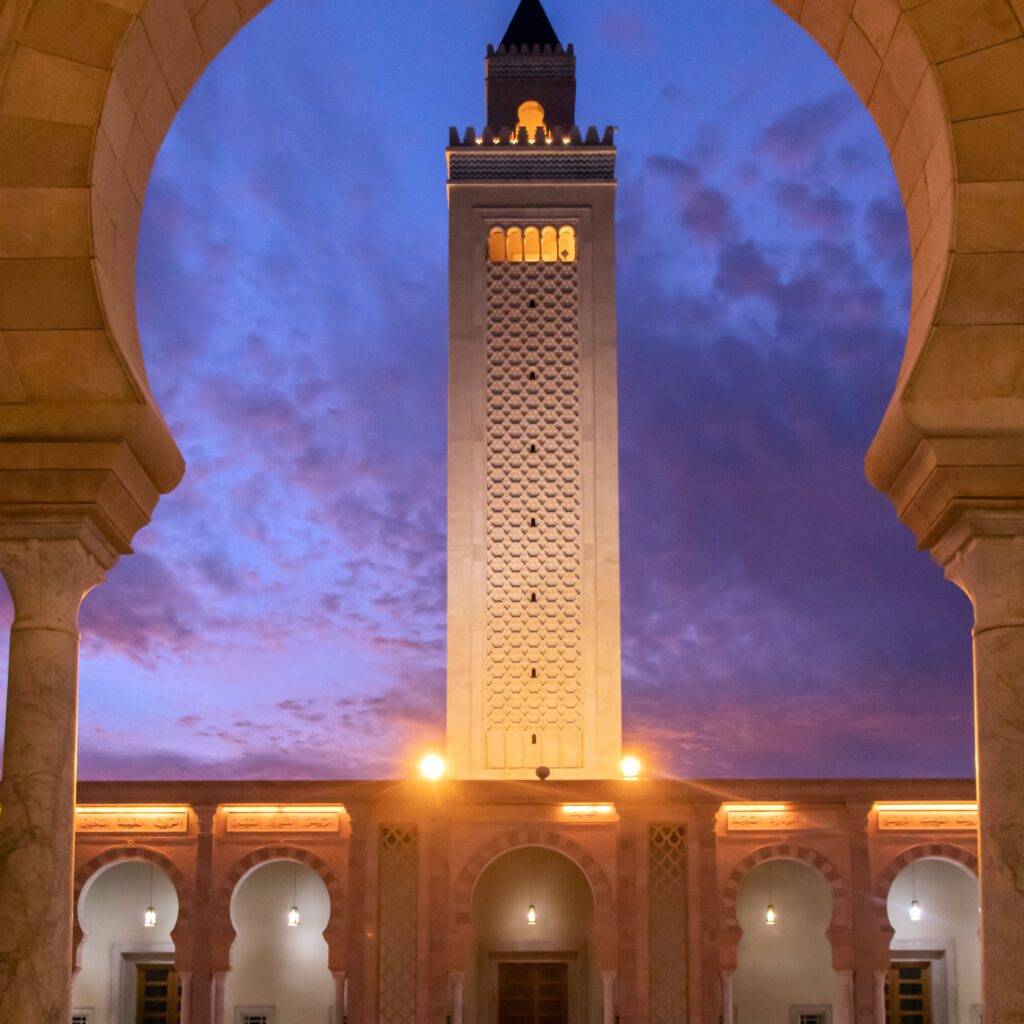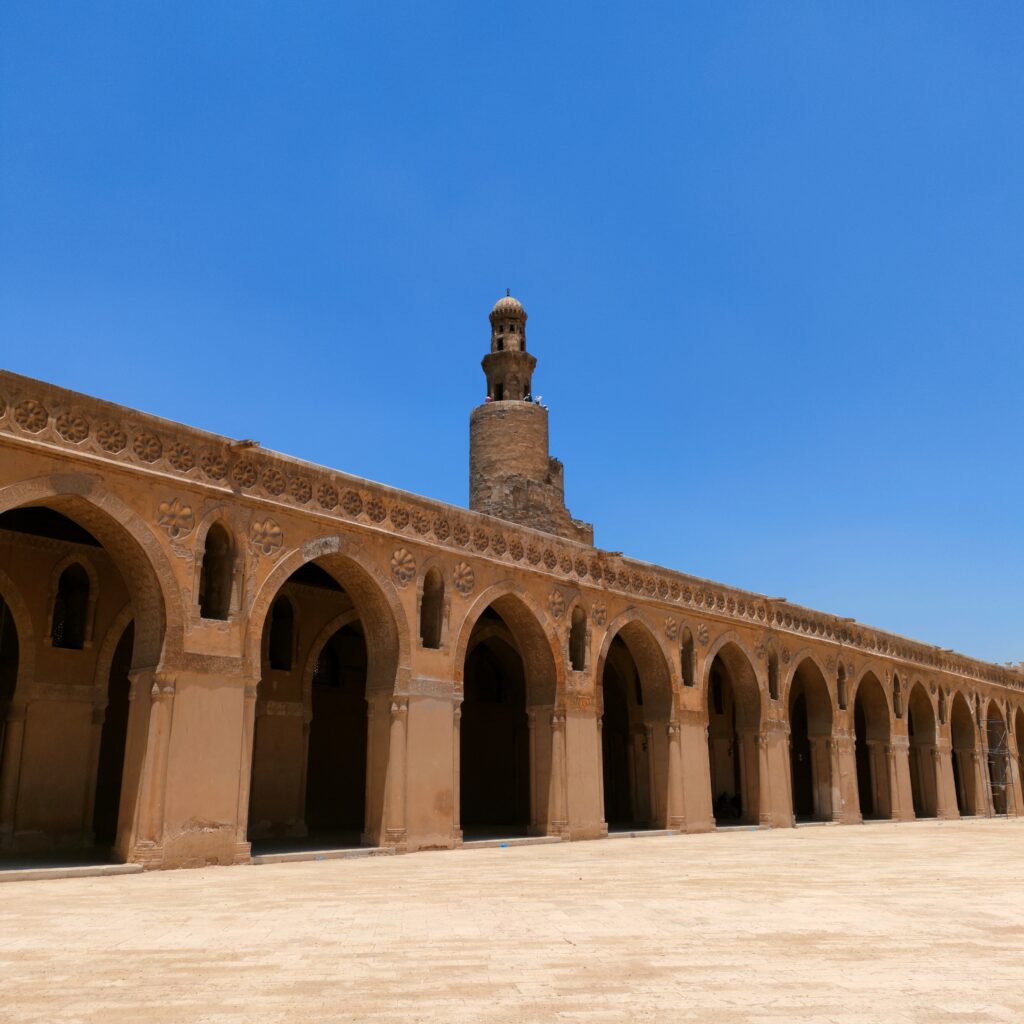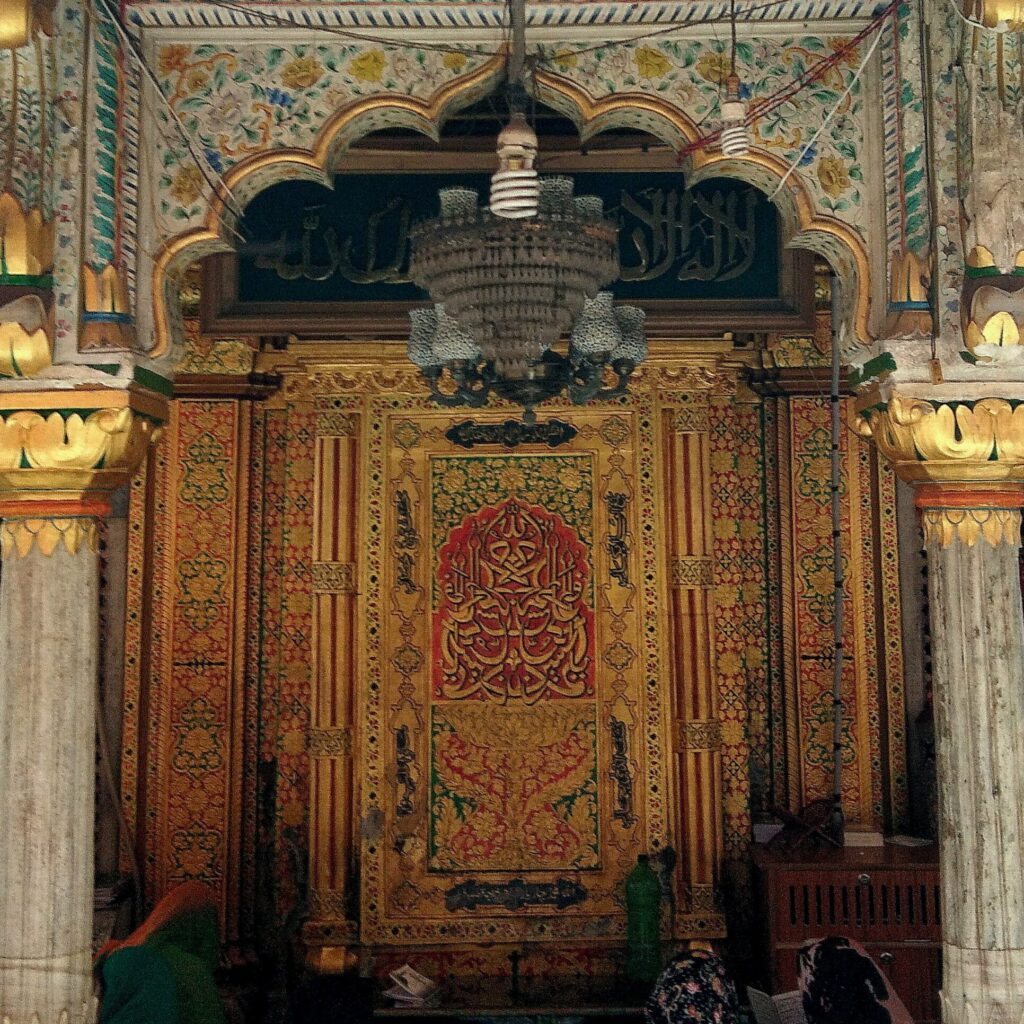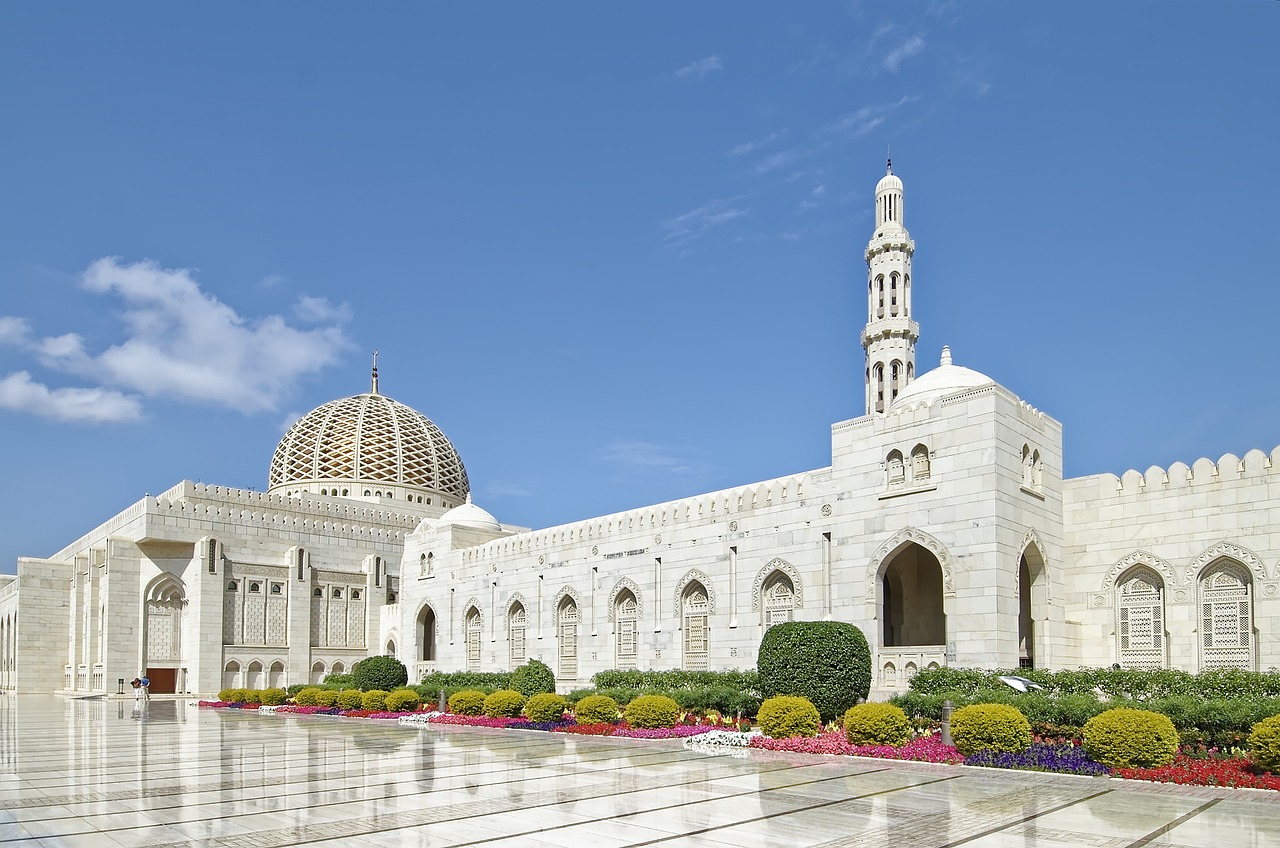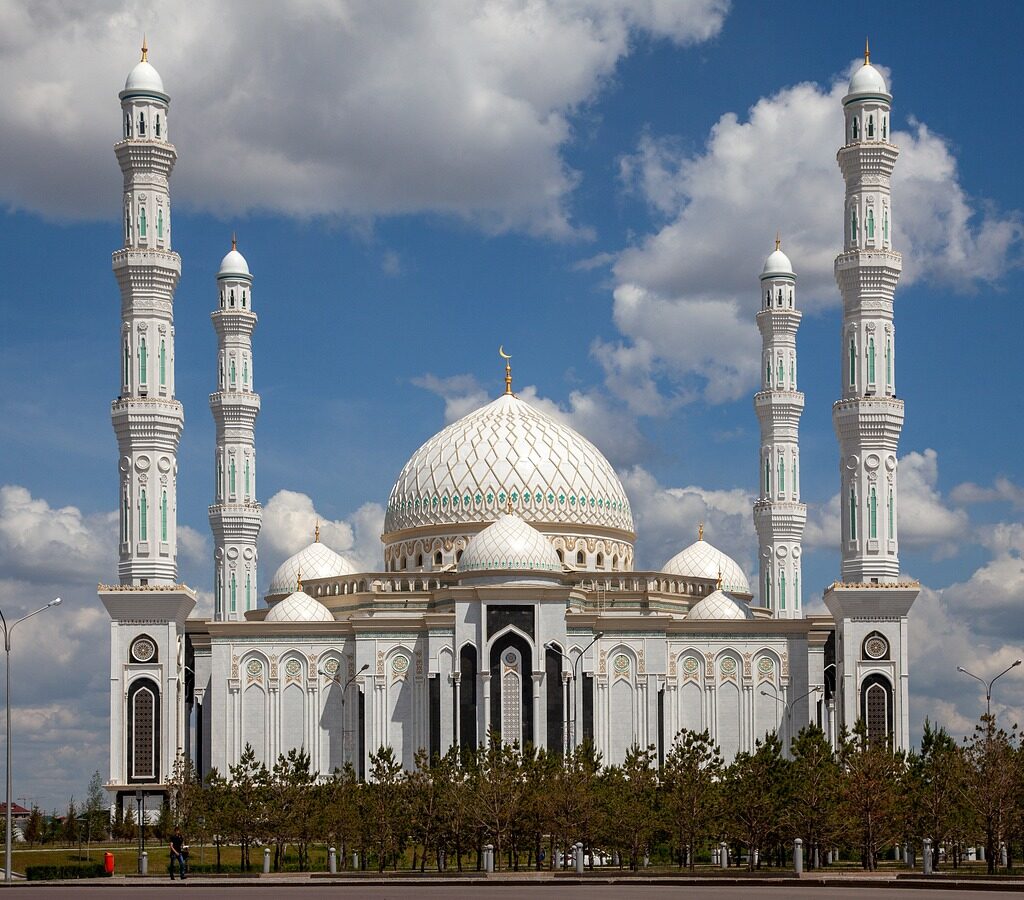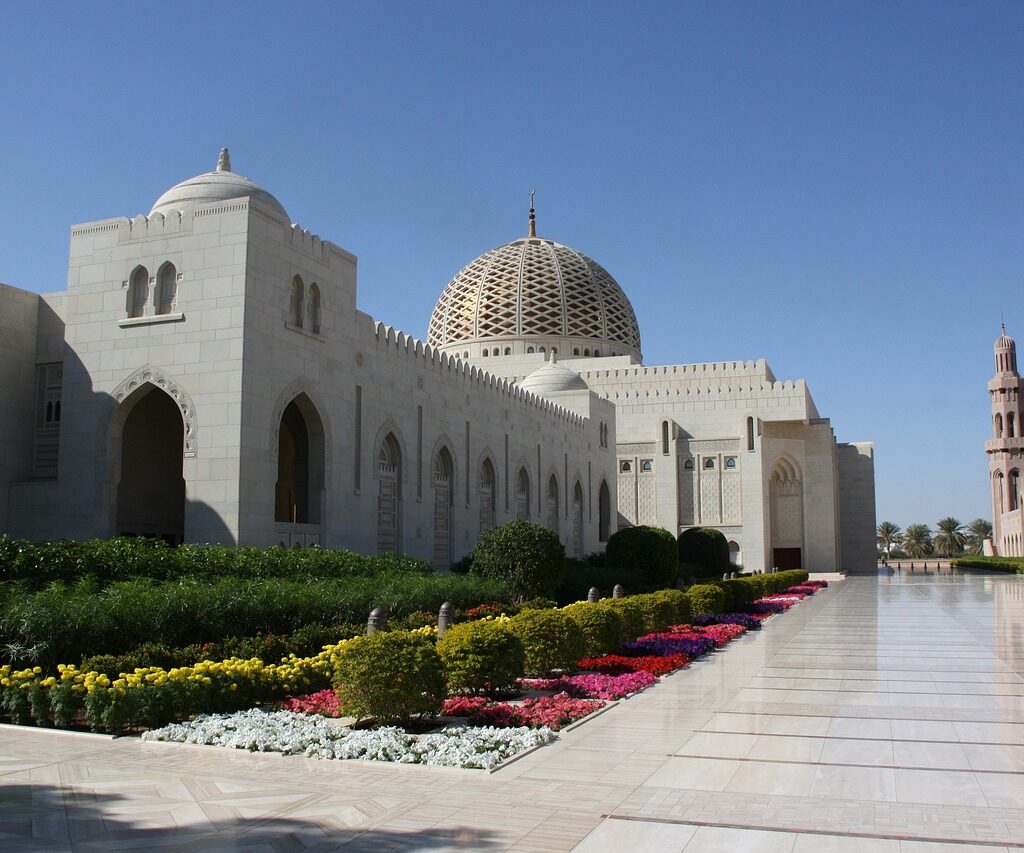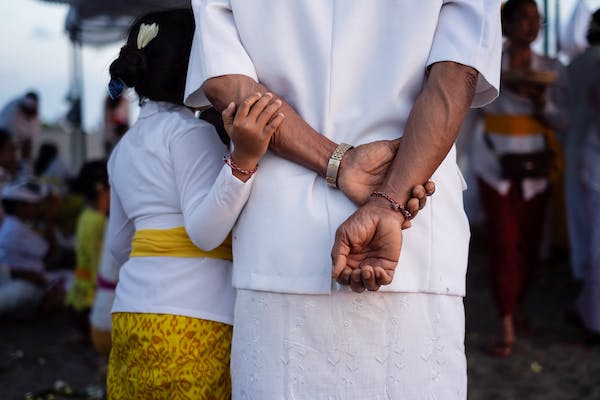Introduction:
In the contemporary world, addressing the pressing issues of the current situation becomes crucial. Recently, a post in a social media group caught my attention, discussing ideas for children’s Halloween parties. What unfolded in the comment section, however, revealed a unique perspective. These were Muslim mothers sharing their experiences, and suggesting ideas for Halloween parties in their children’s schools.
Unveiling the Muslim Mothers.

As I delved into the comments, I discovered that these were not just any mothers but Muslim mothers. Their profiles, adorned with images of Mecca and Medina, presented a different narrative. A conversation ensued where I questioned their awareness of the religious implications of celebrating Halloween.
Clash of Beliefs.
The ensuing storm of comments made me realize the diversity of opinions within the group. Some argued for embracing Halloween, citing it as a harmless celebration, while others shared links from a Google search, trying to educate me about the festival. Amidst this, a tense atmosphere emerged, with some proclaiming the sanctity of their Islamic beliefs.
The Dilemma of Muslim Mothers.
Amid this clash, the Muslim mothers expressed their frustrations. They were caught between the societal pressure of accommodating their children’s desires to fit in and their obligation as Muslim mothers to adhere to Islamic teachings. The tension escalated, revealing a broader dilemma faced by many in the Muslim community.
The Present Challenge.

The present generation faces a complex dilemma. Our youth grapple with the challenges posed by the current situation, and if our mothers continue down this path, our nation may soon find itself in a precarious position. A mother, endowed with a position of honor by Allah, must consider the consequences of neglecting her duties.
Mothers as Bearers of Islam.
Our elders from the past generation were far superior to today’s world-wise youth. Amusement for children should not mean allowing them to do whatever they desire, akin to setting a field ablaze to plant a seed. Muslim mothers need to recognize and fulfill their role as bearers of Islam, the foremost duty being to introduce their children to the teachings of their faith.
The Clash of Traditions.
The clash between traditions and beliefs isn’t a new challenge. As Muslims living in a diverse society, our mothers face the dilemma of balancing their Islamic values with the expectations of a culture that may not align with our religious teachings. It is a perplexing situation where a mother is expected to navigate her children through the celebrations of a festival that carries cultural significance but contradicts Islamic principles.
This is not just about Halloween; it reflects a broader issue. Our society increasingly demands conformity to practices that may not resonate with our Islamic values. Muslim mothers find themselves at the forefront of this clash, as they witness their children being swept away by the tide of societal norms.
The Social Media Struggle.

Social media has become a battleground where the clash of beliefs is amplified. The Halloween post in the social media group is a microcosm of the broader struggle faced by Muslim mothers. The pressure to conform, the tension between traditional values and contemporary practices, and the constant need to defend one’s faith in the digital space create an environment of heightened anxiety.
The Muslim mothers engaging in the comment section were not just sharing ideas for Halloween parties; they were defending their beliefs and navigating a space where cultural norms often override religious principles. The question arises: How can Muslim mothers maintain their identity and instill Islamic values in their children amidst this digital battleground?
The Cultural Predicament.
Muslim mothers find themselves in a cultural predicament. On one side, they are encouraged to grasp the traditions of the society they live in, and on the other side, they carry the obligation of protecting their Islamic character. The celebration of Halloween could appear blameless to a few, but for these moms, it speaks to a bigger battle against the disintegration of Islamic values inside their families.
The cultural predicament is not limited to Halloween; it extends to various aspects of life where adherence to Islamic principles clashes with societal norms. From the way children are educated to the influence of media and peer pressure, Muslim mothers find themselves grappling with the challenge of raising children who are both pious and socially accepted.
The Role of Education.
Amidst the clash of traditions and the pressure of societal norms, education emerges as a powerful tool. Muslim moms must teach themselves and their children the importance of Islamic values and the potential results of compromising those values for societal acknowledgment.
Islamic instruction should go past the formal learning of Quranic verses and ceremonies; it must envelop a profound understanding of how to explore the challenges of the modern world while remaining genuine to one’s confidence. This requires a proactive approach to instill basic consideration, flexibility, and a solid Islamic character within the more youthful era.
Building a Supportive Community.
Muslim mothers need a support system, a community where they can share their challenges, seek advice, and find solace.
Conclusion: Nurturing Faith in a Complex World.
In conclusion, the clash between cultural traditions and Islamic values, exemplified through the Halloween debate, highlights the multifaceted challenges faced by Muslim mothers today. The struggle extends beyond a single festival, revealing a broader societal predicament where mothers grapple with preserving their religious identity in the face of cultural expectations.
As Muslim mothers navigate the complex landscape of contemporary challenges, it becomes imperative to recognize the pivotal role they play. Mothers are not only bearers of life but also bearers of Islam. To strike a balance between societal integration and steadfast adherence to Islamic principles, they must embark on an educational journey, equipping themselves and their children with a deep understanding of their faith.
The clash between traditions and beliefs, exacerbated by social media pressures, requires a united effort within the Muslim community. Building a supportive community that fosters open dialogue, shares experiences, and offers guidance becomes crucial. Through such communal strength, Muslim mothers can find solace and collective wisdom, enhancing their ability to navigate the complex challenges of the contemporary world.
As we mull over the show’s circumstances and the approaching challenges for the following era, it is basic for Muslim moms to stand firm in their commitment to supporting an Islamic character in their homes. In doing so, they not as it were fulfill their parts as moms but moreover contribute to the conservation of the wealthy Islamic legacy for eras to come.
| Section | Content |
|---|---|
| Introduction | Halloween, a festive time for children, brings unique challenges for mothers. This perspective sheds light on the intricacies. |
| Choosing the Right Costume | Balancing creativity, comfort, and appropriateness in costume choices becomes a meticulous task for mothers. |
| Safety Precautions | Ensuring a secure Halloween involves illuminating costumes, navigating dark streets, and inspecting treats for safety. |
| Navigating Allergies and Restrictions | Mothers of children with allergies manage trick-or-treating routes and educate others about specific dietary needs. |
| Inclusive Celebrations | Creating an inclusive environment involves addressing cultural sensitivities, promoting diverse costumes, and fostering community. |
| Balancing Fun and Moderation | Mothers grapple with balancing the excitement of treats with the importance of moderation for a healthier post-Halloween experience. |
| Conclusion | A mother’s perspective on Halloween highlights the multifaceted nature of this festive occasion, contributing to memorable and secure experiences. |
FAQs:
Is celebrating Halloween against Islamic principles?
The permissibility of celebrating Halloween in Islam is a subject of debate. While some argue that it is a harmless cultural celebration, others highlight its pagan origins and potential conflict with Islamic values. Muslim mothers often find themselves torn between societal expectations and their religious convictions.
How can Muslim mothers balance cultural expectations and Islamic values?
Balancing cultural expectations and Islamic values requires education and resilience. Muslim moms ought to endeavor to get the center standards of their confidence and confer this information to their children. Building a solid framework inside the Muslim community can also give direction and quality in exploring these challenges.
What part does social media play in this situation?
Social media amplifies the clash of beliefs, creating a digital battleground where Muslim mothers defend their faith. The pressure to conform, coupled with the need to articulate and defend one’s beliefs in a public space, adds a layer of complexity to the dilemma faced by Muslim mothers.
How can education help in resolving this clash of traditions?
Education is a powerful tool in resolving the clash of traditions. Muslim moms ought to teach themselves and their children not as it were almost the ceremonies but moreover approximately the noteworthiness of Islamic values. An all-encompassing approach to instruction that incorporates basic consideration and flexibility is basic for exploring the challenges of the modern world.
Why is building a supportive community important?
Building a supportive community is crucial for Muslim mothers facing these challenges. A community provides a space for open dialogue, sharing experiences, and seeking guidance. Through collective strength, Muslim mothers can find support, understanding, and collective wisdom, enhancing their ability to navigate the complexities of preserving Islamic values in a diverse society.


